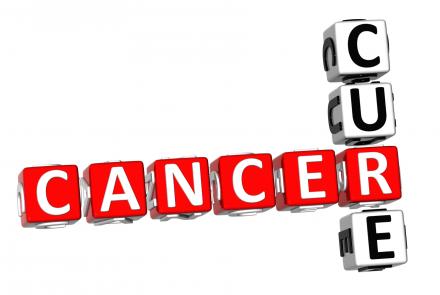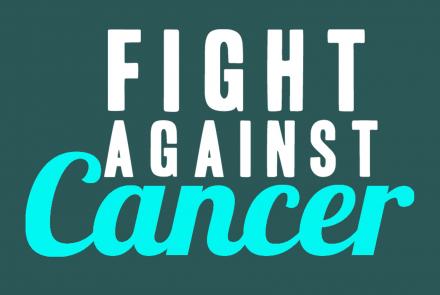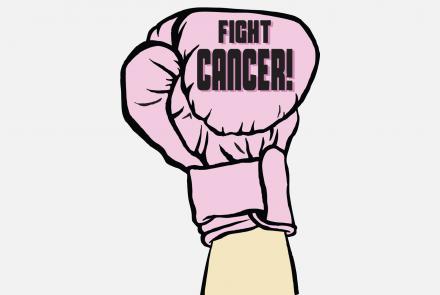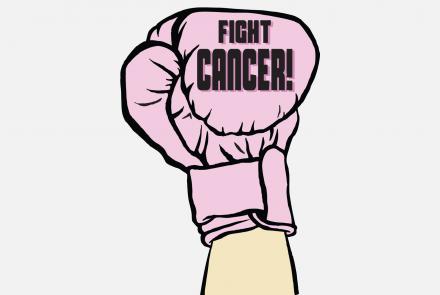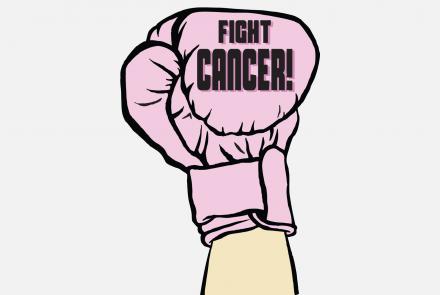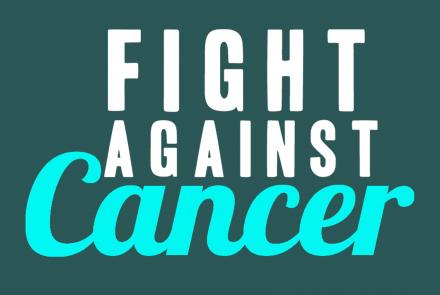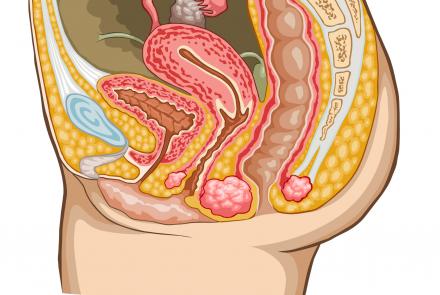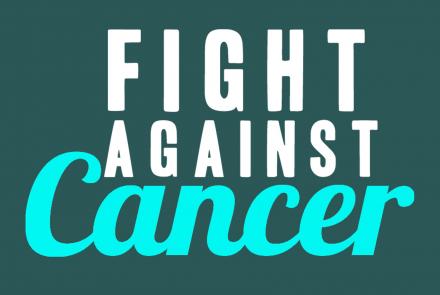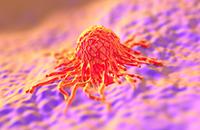
Food and Nutrition
Cancer and cancer treatments can be harsh on the body. Lack of appetite, weight loss and muscle wasting are common during cancer and treatment. Healthy food choices that are high in calories and proetins can boost cell growth, weight gain and improve recovery. Here are some tips for good nutrition:
- Eat small and frequent snacks
- Eat every few hours
- Include lots of leafy greens and vegetables in the diet (but make sure they are washed and cooked properly to avoid infections)
- Eat fresh or dried fruits. Opt for fruits with a skin, that can be peeled off.
- Choose foods with fiber such as whole grain bread and cereals
- Have a protien-rich diet. Pick lean meat and fish over red meat and processed meat
- Drink fluids between meals
- Avoid alcohol, and processed or preserved foods
- Avoid excessive salt, sugar and oily foods
Physical fitness
It is not only safe to exercise moderately during the treatment, it is good for you. Moderate exercise, for instance, a walk or riding a stationary bike, can improve physical fitness, boost mood and self-confidence and reduce fatigue. In fact, recent studies suggest that higher levels of physical activity lower the risk of re-occurrence of cancer. Exercises such as Yoga and Tai-chi can help reduce stress as well.
Take charge: Your Action Plan
- Be informed. Learn as much as you can about your condition. Talk to your doctor about your condition, treatment and prognosis. Read up about the cancer, so you know what questions to ask your doctor. Speak to other patients to find out what treatments and therapies have worked for them. Being informed keeps you in charge of your health and treatment.
- Nourish your body. Make sure you are giving your body the nutrition it needs. Eat, even if you don’t feel like it.
- Exercise moderately when you are able to
- Stay positive. Join a support group. Talk to people facing similar challenges. To family and friends about your feelings. Read books that offer encouragement.
- Stay focused on your treatment with timely follow-ups and healthy lifestyle.
Pro Tip: Depending on the organ affected and cancer staging, the follow ups will include tests like Bone Scans, PET Scans, Blood tests, etc.
Know your support team: Who can help you stay healthy
- Medical oncologist
- Surgeon
- Radiation oncologist
- Dietitian
- Counsellor or mental health practitioner
- Other specialists depending on your condition


